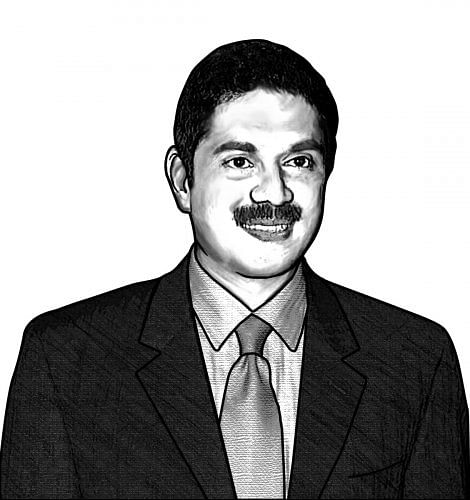
The Kodavas of Coorg have always maintained a modern outlook even while assiduously guarding their age-old customs and traditions. However, a recent decision of Kodava Samaj, Ponnampet—a body representing the community—to impose a ban on bridegrooms sporting a beard, women attending marriages letting their hair free, and even the cutting of cakes and popping the champagne has raked up a furious debate. While one section calls the move regressive, another argues that it is in tune with Kodava culture.
A beard is considered trendy these days and the ban has taken many youngsters by surprise. But conformists say the groom wearing a beard on wedding day is not appropriate as the beard is associated with inauspicious occasions. Kodavas traditionally refrain from shaving for a certain period of time when a family elder dies. In contrast, one of the marriage rituals involves a barber visiting the house of the bridegroom to give him a clean shave so that he appears presentable. How can a custom associated with funerals have a place in an auspicious event like a wedding, those supporting the ban contend.
Similarly, the widow of a deceased and some close relatives leave their hair untied at the funeral and during certain rituals. According to the new rule, women who let their hair loose will not be allowed on the stage at weddings to bless the couple. Birche mande, or scattered hair, is associated with widowhood and hence the ban. While some feel this is out of sync with modern times, the conservatives stress that an occasion like a wedding demands certain dignity and decorum and as such, customs connected with funerals should have no place on a happy occasion. The community continues to be progressive, they maintain, as widow remarriages are common and a woman who has lost her husband is no longer expected to be attired in white all her life as was the practice earlier.
While both sides may have their point, a ban usually has the opposite effect, and it would have been wiser to educate Kodava youngsters about customs and traditions so that they are followed voluntarily. However, the ban on cake cutting and champagne beats all logic and may fall into the bracket of moral policing.
For several years now, the culmination of the wedding ceremony has been commonly celebrated with close family and friends by cutting a cake and opening a champagne bottle, but this has suddenly become “a British practice” that should be shunned. While a Kodava wedding is steeped in tradition, it is also an occasion for fun and frolic, with a variety of meat dishes, alcohol, music and dancing forming an integral part of the celebrations. If cakes and champagnes do not fit into the community’s culture, the argument can also be stretched to include foreign liquor that flows like water during weddings, the buffet which has replaced the traditional baale yelkanda oota (the feast served on plantain leaf) and even wearing of western suits or shirts and trousers.
Kodavas are basically ancestor and nature-worshippers and some critics believe that a bigger threat than “foreign influence” is the “saffronisation” of a section of the community, which has supposedly led to the contamination of some ancient customs. Though the charge is vehemently denied by the Kodava Samaj, it cannot be entirely swept under the carpet and would merit a discussion.
Matters of faith are always contentious and can draw divergent views. While every community has a right to protect its customs and preserve them for posterity, it is also equally important to adapt to changing times.
(The author has traversed across print, electronic and digital media donning both journalist and corporate robes.)